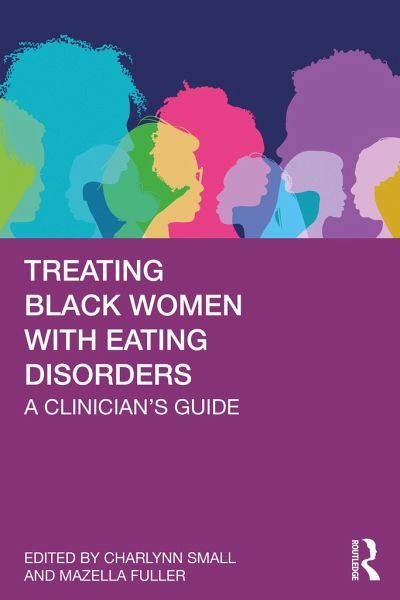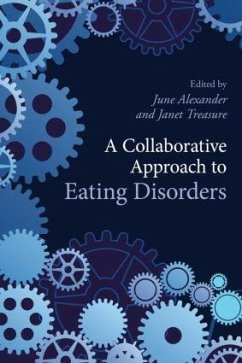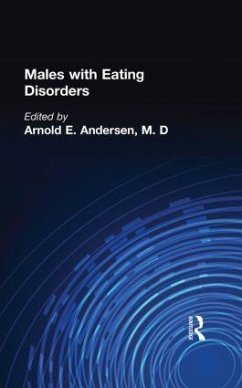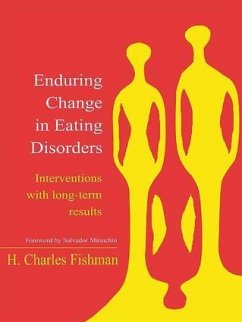
Treating Black Women with Eating Disorders
A Clinician's Guide
Herausgeber: Small, Charlynn; Fuller, Mazella
Versandkostenfrei!
Versandfertig in 1-2 Wochen
36,99 €
inkl. MwSt.
Weitere Ausgaben:

PAYBACK Punkte
18 °P sammeln!
The first of its kind, this edited volume provides in-depth, culturally sensitive material intended for addressing the unique concerns of Black women with eating disorders in addition to comprehensive discussions and treatment guidelines for this population. The contributing authors-all of whom are Black professionals providing direct care to Black women-offer a range of perspectives to help readers understand the whole experience of their Black female clients. This includes not only discussion of their clients' physical health but also of their emotional lives and the ways in which the stress...
The first of its kind, this edited volume provides in-depth, culturally sensitive material intended for addressing the unique concerns of Black women with eating disorders in addition to comprehensive discussions and treatment guidelines for this population. The contributing authors-all of whom are Black professionals providing direct care to Black women-offer a range of perspectives to help readers understand the whole experience of their Black female clients. This includes not only discussion of their clients' physical health but also of their emotional lives and the ways in which the stresses of racism, discrimination, trauma, and adverse childhood experiences can contribute to disordered eating. Through a wealth of diverse voices and stories, chapters boldly tackle issues such as stereotypes and acculturative stress. Clinicians of any race will gain new tools for assessing, diagnosing, and treating disordered eating in Black women and will be empowered to provide better care for their clients.














